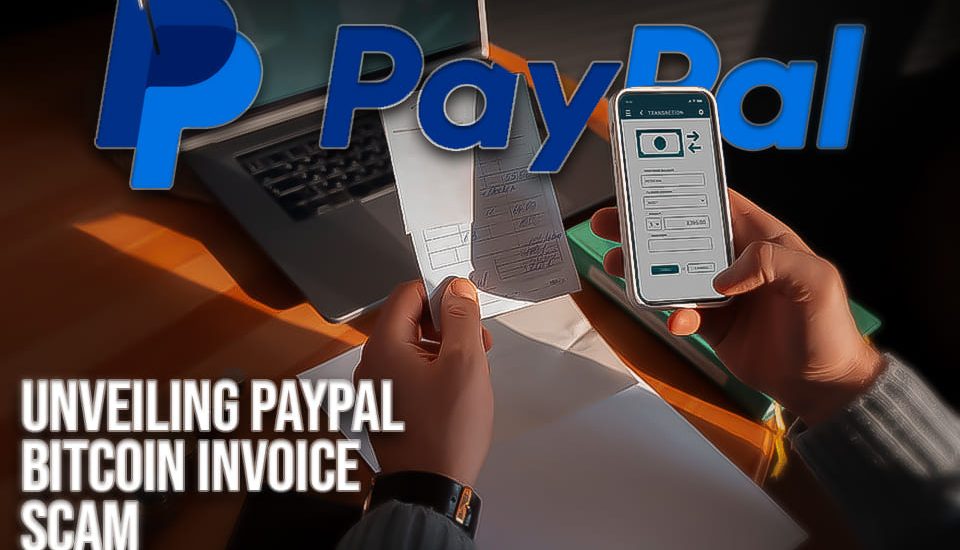
In the ever-evolving landscape of online scams, the PayPal Bitcoin invoice scam has emerged as a cunning and deceptive scheme that targets unsuspecting individuals. With the popularity of cryptocurrencies and the widespread use of PayPal for online transactions, scammers have seized the opportunity to exploit users' trust and familiarity with these platforms. This article aims to shed light on the workings of the PayPal Bitcoin invoice scam, alert readers to its red flags, and provide essential tips on how to safeguard against falling victim to this fraudulent activity. By understanding the tactics employed by scammers and staying vigilant, we can protect ourselves and ensure a secure online experience.
A PayPal Bitcoin invoice scam is a fraudulent scheme where scammers send fake invoices posing as PayPal, claiming the recipient owes a payment in Bitcoin. The scam involves sending deceptive emails with invoice details, urging immediate payment, and providing payment buttons or links. When victims click on these links, they are directed to fraudulent websites designed to resemble PayPal, where scammers attempt to steal their login credentials and personal information.
The PayPal Bitcoin invoice scam typically operates in the following manner:
Spotting a PayPal Bitcoin invoice scammer can be challenging, but there are several signs that can help you identify and protect yourself from such scams. Here are some things to look out for:
If you have doubts about an invoice's authenticity, reach out to PayPal directly through their official customer support channels. They can confirm whether the invoice is genuine or fraudulent.
If you encounter a PayPal scammer or fall victim to a scam, take immediate action to protect yourself. Cease communication with the scammer and forward the suspicious email to report the fake PayPal invoice to PayPal's official scam-reporting email address (e.g., spoof@paypal.com). PayPal takes scams and fraudulent activities seriously and investigates reports from users.
Reach out to PayPal's customer support directly through their official website or contact information. Inform them about the scam and seek guidance on any necessary steps to secure your account. Monitor your accounts for unauthorized transactions and report any suspicious activity to PayPal and your financial institution. If significant funds are lost or you face difficulties resolving the issue, consider seeking assistance from Financial Options Recovery. Our experts can help you to assess the situation and recover your funds. Prevention is crucial, so stay vigilant, educate yourself about scams, and exercise caution in online transactions and sharing personal information.
If you are a victim of an unregistered investment product scam, Financial Options Recovery can assist you in recovering your funds!